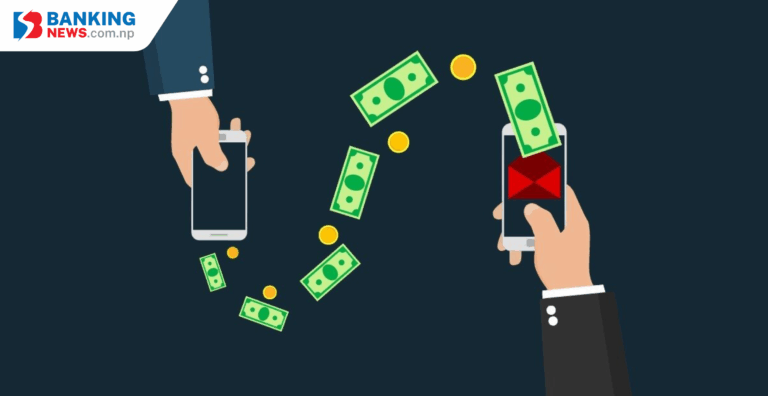Banking News – Nepali commercial banks are proactively refining their digital micro-lending strategies to ensure sustainable growth, particularly in Foneloan-based credit services. With a commendably low non-performing loan (NPL) rate of just 1.79% from over NPR 9 billion disbursed, the sector reflects strong initial performance. An outstanding amount of NPR 2.15 billion remains in circulation, highlighting both the growing adoption and the ongoing commitment of banks to strengthen recovery mechanisms and enhance digital credit systems.
A recent move by Nabil Bank to publicly disclose the names of defaulters has spotlighted the risks associated with Foneloan typically small, short-term digital credit products. The growing number of defaults has prompted a broader industry conversation about lending practices and risk assessment.
Experts argue that the issue partly stems from inadequate documentation. Many loans were issued based merely on a mobile number and citizenship ID, without rigorous verification of supporting documents. Although these loans were primarily targeted at salaried individuals, critics point to a lack of scrutiny in assessing borrowers’ financial behavior.
“Banks were in a race to grow their digital customer base, often prioritizing quantity over quality,” said a senior executive from a major commercial bank. “In many cases, credit histories weren’t reviewed adequately, leading to increased risks of default.”
However, lenders are divided on the severity of the issue. Govinda Ghimire, CEO of NMB Bank, dismissed concerns, asserting that Foneloan are extended only to individuals with verifiable income and strong repayment capacity. “The situation isn’t alarming,” he said, “and our loans are being managed efficiently.”
Sagar Sharma, CEO of Foneloan, echoed similar sentiments. “The product was designed to bridge the gap between banks and customers by offering emergency micro-loans,” he explained. “Only about 1.79% of total disbursed Foneloan credit has turned into NPLs. That’s a manageable figure.”
Foneloan loans are typically extended to customers based on their banking transaction history, income consistency, and overall financial behavior. According to Nepal Rastra Bank (NRB) guidelines introduced in 2021, individuals with salaried or professional income accounts can access digital loans up to NPR 500,000, while others are capped at NPR 200,000. Repayment can be made either in lump sum or in installments within a three-year period.
While no banks are reported to have put a full hold on Foneloan disbursements so far, the rising risk of default has made institutions more cautious. Analysts suggest the banking sector may soon tighten approval processes and place greater emphasis on borrower profiling to mitigate future risks.
The data was previously incorrect, so it has been corrected.



 About Us
About Us
Comment